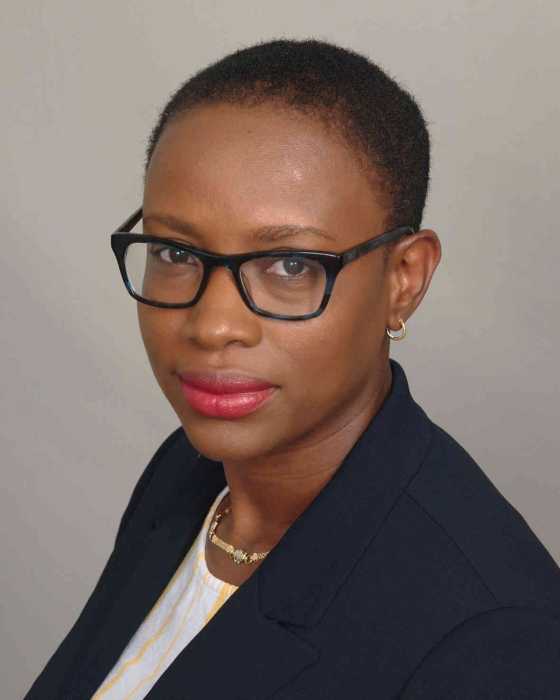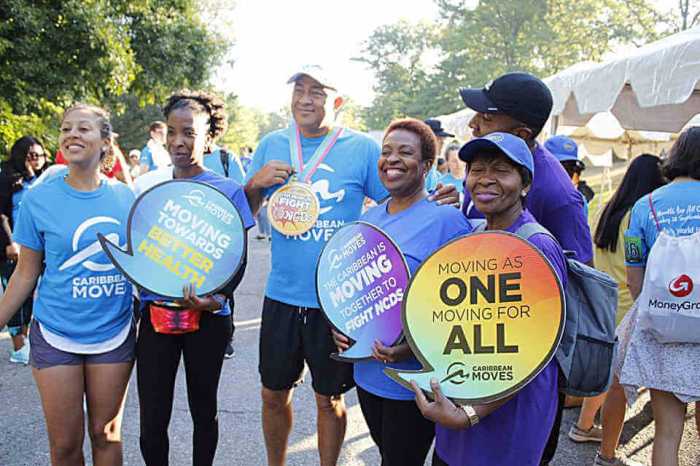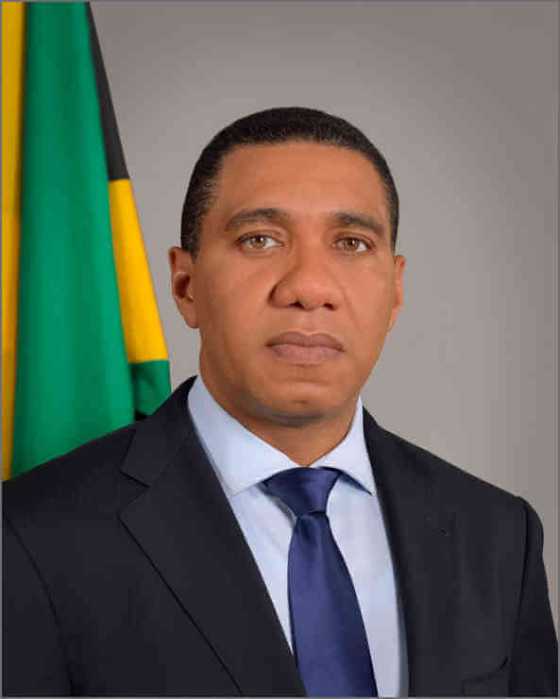Two Caribbean Community members used the opportunity of the death of Britain’s Queen Elizabeth II last week to signal plans to switch to a republic and ditch new monarch, King Charles III, as their head of state even as regional leaders prepare to travel to London for funeral formalities next week.
Bahamian Prime Minister, Phillip Davis said he first wants the public to vote on the issue, while an over confident Gaston Browne of Antigua said switching to a republic like Barbados did last November would be one of the priorities for his administration when he wins a new term in general elections due early next year.
The two weekend announcements came while various governments across the region expressed their condolences and reminisced on their relationship with the monarch, her multiple visits to the region and what the royals have meant to the Caribbean over the decades.
In The Bahamas for example, Minister of Social Services, Obie Wilchcombe appeared to amply tap into the mood of people in CARICOM, as he made a case for Britain to pay up for its part in the genocidal transatlantic slave trade. Reparations would be a major agenda item when The Bahamas hosts the mid-year leaders conference early next year, he said.
“The argument is reasonable and the argument should be considered. I think that we’ve made progress. It’s going to happen. It’s just a matter of time,” he said as he also complained. “When you think about it, many (Caribbean people) contributed. Many were a part of and were defending the Union Jack and they gave their lives. Many have lived in the UK since and still have not been given the recognition they deserve,” the minister told the Tribune newspaper, swiping at British authorities. The Bahamas will celebrate 50 years as an independent nation next July. Guyana, Trinidad, Dominica and Barbados are the republics in the CARICOM bloc of nations.
Minister Wilchcombe’s prime minister, meanwhile, said at the weekend that locals must have a say in what The Bahamas does next in terms of its constitutional arrangements with Britain. “I will have a referendum and The Bahamian people will have to say to me, yes. The only challenge with us moving to a republic is that I can’t, as much as I would wish to do it, I cannot do it without your consent,” he told reporters at the weekend.
Antigua’s PM Browne noted that ambition to become a republic remains, “and early in our next term we should be in a position to put a constitutional question to the people of Antigua and Barbuda to determine whether or not we should transition from the monarch as our head of state, King Charles, or whether we should have our own president as a local Antiguan and Barbudan. Becoming a republic doesn’t mean that this represents any form of disrespect to the monarchy. It’s just about completing that circle of independence to ensure we are truly a sovereign nation,” he added
Earlier this year, Prince William and wife, Kate, had visited The Bahamas and other countries on a so-called royal charm offensive tour that had backfired badly with calls for the archipelago to become a republic and for it to pay reparations. Similar sentiments were shouted out in Jamaica and Belize.
As people watch live television coverage of proceedings in London and Scotland, social activists in the Caribbean say they will shed no tears for the queen or the monarchy because of the brutality of Britain’s colonial past, its continued refusal to apologize for slavery and pay reparations, and for the lasting psychological damage from the slave trade.
“Look at how old she was when she died. She was kept alive that long because of the plunder of countries like ours. It was that plunder that allowed them to live the lives of luxury that they did. Their history is one of tyranny,” said Khafra Kambon, the head of Trinidad’s Emancipation Committee and black power activist told the Newsday publication.
Those which still allow a British monarch to rule as their head of state comprise of Antigua and Barbuda, The Bahamas, Belize, Grenada, Jamaica, St. Kitts-Nevis, Saint Lucia and St. Vincent and the Grenadines
Nearby Jamaica, meanwhile, missed its chance to switch to a republic in time for its 60th independence anniversary last month because of outstanding legislative work to make the transition. Authorities say the parliamentary work which might also include a referendum, could be completed next year.
Prime Minister Andrew Holness has already told London that the time has come to make the move during the visit of William and Kate earlier this year.
And writing on the subject of transitioning to a republic, Antigua’s Ambassador to the US Sir Ronald Sanders “the time has simply come to manifestly end the Caribbean’s long history of association with Britain as a colonial power, transforming the relationship to a partnership of cooperation with a Commonwealth sister-nation.”



























